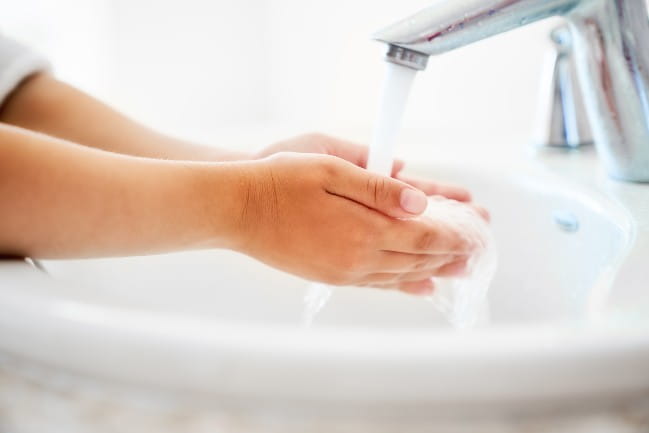The spread of germs and infections can happen quickly and easily, which is why it’s crucial to take proactive measures to protect yourself and those around you. Infection control products are essential for maintaining a healthy and safe environment, whether it’s a hospital, workplace, or home. This article will discuss the importance of infection control products and provide tips on how to protect yourself.
Contents
Understanding the Importance of Infection Control Products
Products that control infection play a vital role in preventing the spread of germs. Without them, people would be more susceptible to getting sick and experiencing negative health outcomes. Infection control products help to reduce the transmission of germs, which can be spread through direct contact, droplets, or airborne particles. Some of the most common infection control products include hand sanitizers, face masks, disinfectants, gloves, and protective clothing.
The Benefits of Hand Sanitisers and Sanitising Wipes
Hand sanitisers are a simple yet effective infection control product that can be used in many different settings. They’re easy to use, portable, and can be used in place of soap and water. Hand sanitisers and sanitising wipes contain alcohol or other disinfectants that kill germs and bacteria on your hands. Using hand sanitisers regularly can help reduce your risk of getting sick, especially during cold and flu season.
The Importance of Wearing Face Masks
Face masks have become a necessary infection control product in recent years, especially during the COVID-19 pandemic. They prevent the spread of airborne particles and droplets, which can be transmitted through talking, coughing, or sneezing. Wearing a face mask can help protect yourself and those around you from getting sick. It’s important to wear a face mask correctly, covering both your nose and mouth, and disposing of it properly after use.
The Role of Disinfectants
Disinfectants are another essential infection control product. They kill germs and bacteria on surfaces, which can be a source of infection transmission. Disinfectants come in various forms, including wipes, sprays, and solutions. It’s essential to choose the right disinfectant for the surface you’re cleaning and to follow the instructions carefully. Using disinfectants regularly can help keep your environment clean and safe.
The Benefits of Gloves
Gloves are another infection control product that’s commonly used in healthcare settings. They protect both the wearer and the patient from the transmission of germs and bacteria. Gloves should be worn when performing procedures that involve bodily fluids or when handling contaminated objects. It’s essential to change gloves frequently and to dispose of them properly after use.
Protective Clothing
Protective clothing is an essential infection control product, especially in healthcare settings. It’s designed to provide a barrier between the wearer and potentially infectious materials. Protective clothing includes gowns, aprons, and coveralls, among other items. It’s essential to choose the right protective clothing for the job and to use it correctly.
Tips for Protecting Yourself
In addition to using infection control products, there are several other tips you can follow to protect yourself from getting sick. These include:
- Washing your hands regularly
- Avoiding contact with sick people
- Covering your mouth and nose when you cough or sneeze
- Disinfecting frequently touched surfaces, such as doorknobs and light switches
- Staying home if you’re feeling sick
- Getting vaccinated against the flu and other preventable illnesses
Infection control products play a crucial role in preventing the spread of germs and infections. They’re essential in healthcare settings but are also helpful in other environments, such as schools and workplaces. Using hand sanitisers, wipes, face masks, disinfectants, gloves, and protective clothing, can help reduce your risk of getting sick and protect those around you.

